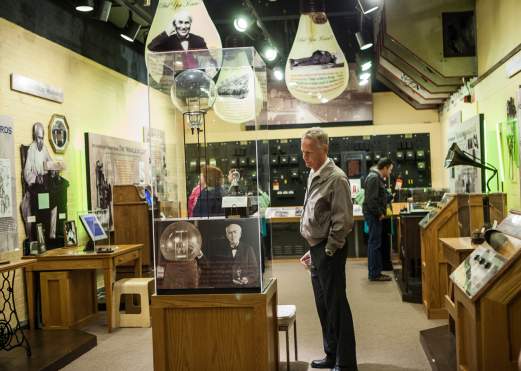History of Beaumont, TX
Birthplace of Spindletop
Beaumont got its big start more than 100 years ago. It was named after Mary Dewburleigh Barlace Warren Beaumont, the wife of businessman Henry Millard. Beaumont officially became a town on December 16, 1838, and was a center for cattle raisers and farmers in its early years.
In the late 1800s, Beaumont became an important lumber and rice-milling town. Because Beaumont is strategically-located on the Neches River and had an active river port, the city was ideally positioned to capitalize on the lumber boom of the late 19th century. The city helped ship lumber across the country, most importantly to help rebuild the railroads after the Civil War. The first commercial rice mill in Texas, the Beaumont Rice Mill, was also founded during this period in Beaumont's history.

On January 10, 1901, the Lucas Gusher on Spindletop Hill exploded, shooting oil hundreds of feet in the air. The explosion was so intense that nine days later the oil column was still gushing nearly 200 feet high, producing around 100,000 barrels a day.
The Lucas Gusher dramatically displayed the natural resource that lay below Beaumont. Within a few days of the Lucas Gusher explosion, over 40,000 curious sightseers, speculators and job-seekers descended on Beaumont. Restaurants, hotels and retail establishments were overwhelmed as the city's population grew from 9,000 in January 1901 to 30,000 in March 1901, leading to a Texas-sized building boom.
Over the next few years, dozens of oil companies were chartered. Six wells were erected on Spindletop Hill, helping make the U.S. the world's leading petroleum-producing nation. Spindletop became the first major oil field and the largest in American history, ushering in the Petroleum Age.
Today, Beaumont is in the midst of another boom. Visit the city and you'll see an old-style Texas town with a modern twist. Beaumont Main Street and the City of Beaumont have teamed up to preserve the historic sites in the area, promote opportunities within the city and encourage job growth.







